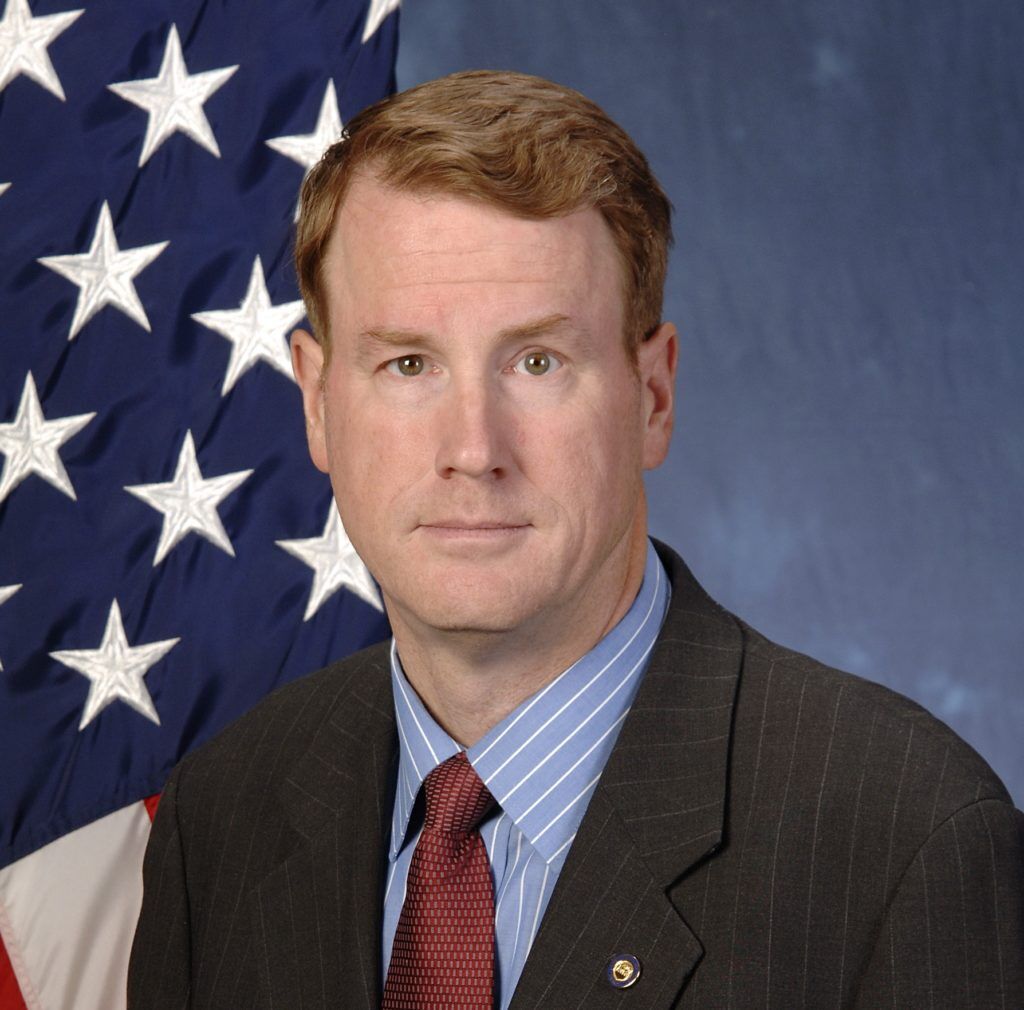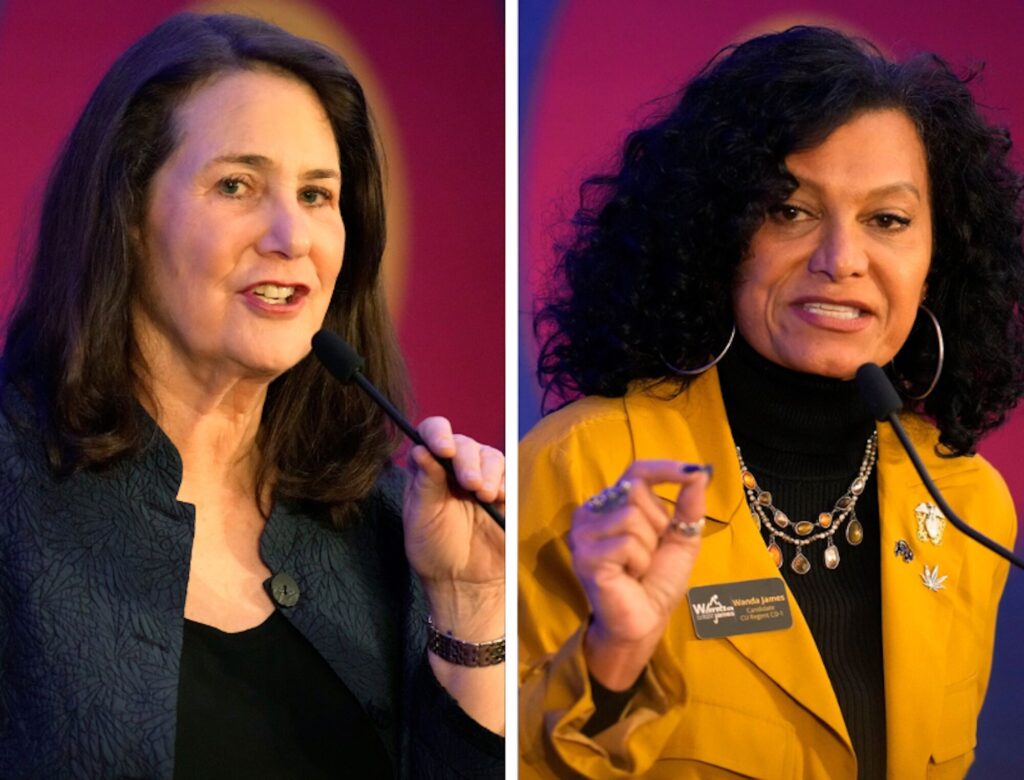BIDLACK | Free speech, social media and school


A recent Colorado Politics story reminded me of the difficult questions that arise when the issue is free speech. A federal appeals court is hearing arguments in a case involving the age-old question of what speech is protected under the Constitution, and what speech is not. I’ve ranted on this subject before, and, as always, I end up with more questions than answers.
Back in 2019, the administrators at Cherry Creek High School expelled a student, identified only by the initials C.G., over a social media post made away from school, and not specifically invoking the school or anyone in particular. It seems this foolish young man (he was identified in the story as a “he”) was part of a group of kids shopping at a local thrift store. Some of the young men put on WWII-era headgear and C.G. took a picture of them and posted it to Snapchat (which I don’t pretend to understand, as I’m old) with the caption, “Me and the boys bout to exterminate the Jews.”
When the blow-back began, the young man took the photo down and apologized, saying it was a joke.
But not surprisingly, others didn’t see the humor. A parent contacted the school district to report that his own son was concerned about returning to school. In an era of mass school shootings becoming horrifically commonplace, such concerns are not automatically unwarranted. It isn’t like the joke was about, say, normal teenage issues. Rather, it was a reference to a historic and ghastly effort at mass extermination.
The school district was in a tough spot. Though the photo and the social media post occurred off school grounds, and with no direct tie to the school itself, the administrators felt the need to act. Though C.G. insists his post was a silly joke, we know that in past school shootings, the killers have posted vile and forewarning posts on social media that were only found in hindsight. Though no crime was committed, the district eventually did decide to expel the student, after initially imposing a series of suspensions.
So, free speech?
Though the details of this case will vary from similar earlier cases, it once again comes down to an issue I’ve ranted about before: the balancing of individual liberty with the society’s need for order. We end up in court when some of our rights become in conflict with other rights.
In this case, the student’s lawyers are arguing that since the post was outside of school and did not implicate the school, the school should not be able to take punitive actions for a legal – if tasteless – social media post, as it was an example of free speech.
The school argues that the Supreme Court has ruled in the past that administrators can, in fact, take activities outside of school into account when measuring out disciplinary actions. Free speech does not mean that all speech is OK in all settings.
And, of course, we end up back at the “actions have consequences” argument. If I were, say, to give a talk to a group of my fellow amateur astronomers in which I fulminated about, say, ethnic group X in a deeply offensive manner, I’m quite sure that my bosses here at CP would fire me before sundown. Though I have the constitutional right to make such statements, I have no right to be free of the consequences of such speech. I suspect that if C.G. had posted a “simple” hate message, he might have gotten away with the aforementioned suspensions. But since his post included what could reasonably viewed as a threat, the district felt compelled to do more. And I agree with the district.
Look, it’s easy to say that boys will be boys, and that we cannot expect the same maturity levels of high school kids that we do from adults. But that doesn’t mean that all such behavior is excused. If, say, the post had said “Me and the boys bout to exterminate the teachers in school,” or “the Democrats,” or “the first graders,” would we be calm and excuse the behavior as a youthful indiscretion?
One cannot know, when reading social media posts, which statements are the boasts of a teen with no ill will in his or her heart, and which statements are genuine threats about forthcoming violence. I suspect the good people of Buffalo might wish that, in hindsight, more attention had been paid to a certain shooter’s beliefs and plan as posted on social media.
I’m truly sorry for C.G. He made a terrible mistake, and likely a relatively naïve one with no genuine ill intent. But we live in a world where there are consequences for what we do and what we say. It will be interesting to follow the appellate court and to read their ultimate verdict, but we need no legal ruling to know that reckless and careless comments can get us into trouble.
We are responsible for the consequences of our actions and of our speech.
Hal Bidlack is a retired professor of political science and a retired Air Force lieutenant colonel who taught more than 17 years at the U.S. Air Force Academy in Colorado Springs.











